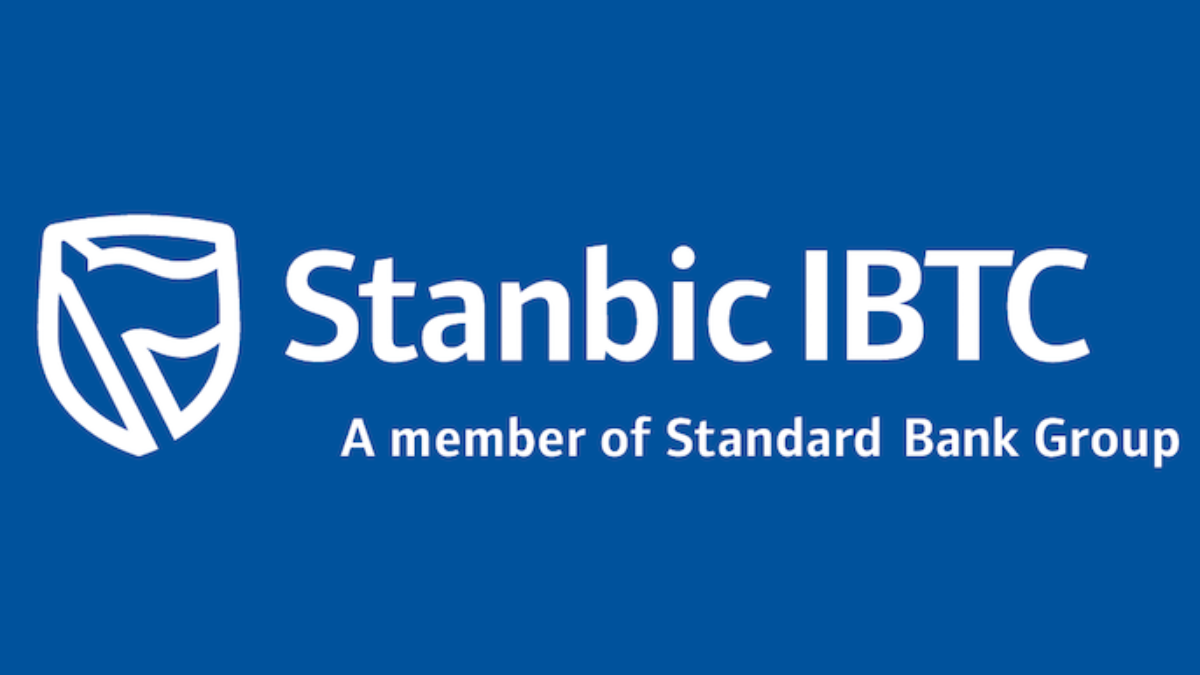Nigeria has successfully secured a significant oil-backed loan worth $1.05 billion from the African Import Export Bank.
The syndicated loan, set to be disbursed next month, represents a crucial step in the country’s efforts to revive its economy and enhance foreign exchange liquidity.
This loan forms part of a larger $3.3 billion prepayment facility orchestrated by Afreximbank, with repayment terms intricately linked to crude oil cargoes from the Nigerian National Petroleum Company Ltd.
The agreement, confirmed by Afreximbank’s Senior Executive Vice President for Finance, Administration, and Banking, Denys Denya, underscores the confidence in Nigeria’s oil reserves and its potential to generate revenue even amid global economic uncertainties.
The financial injection is expected to provide a much-needed boost to Nigeria’s economy, which has been grappling with various challenges, including fluctuating oil prices, currency devaluation, and inflationary pressures.
By leveraging its oil reserves, Nigeria aims to enhance its foreign exchange reserves and stabilize its local currency, thereby bolstering investor confidence and stimulating economic growth.
The timing of this loan is particularly significant as Nigeria seeks to navigate the aftermath of the COVID-19 pandemic and the economic disruptions caused by geopolitical tensions, including the Russia-Ukraine conflict.
With oil prices experiencing fluctuations and market uncertainties looming, the loan serves as a strategic mechanism to mitigate financial risks and enhance economic resilience.
The Nigerian National Petroleum Company Limited had previously announced plans to utilize funds from the $3.3 billion financing deal secured from Afreximbank to support the Federal Government in stabilizing the country’s exchange rate.
The adoption of a conservative crude oil price benchmark of $65 per barrel for the loan facility reflects a prudent approach to risk management, ensuring financial stability amidst volatile market conditions.
Furthermore, the loan disbursement is strategically tied to future oil sales, with repayments structured to align with anticipated revenue streams.
This approach not only mitigates the risks associated with oil price volatility but also ensures a sustainable and manageable debt repayment process.
While the loan provides immediate liquidity and financial flexibility, Nigeria remains committed to implementing comprehensive economic reforms to drive long-term sustainable growth.
The government’s efforts to diversify the economy, enhance infrastructure development, and promote investment in key sectors will complement the benefits derived from the oil-backed loan, fostering inclusive economic development and prosperity for all Nigerians.
As Nigeria embarks on this transformative journey, the successful acquisition of the $1.05 billion oil-backed loan represents a pivotal milestone in the country’s economic recovery efforts. With prudent fiscal management and strategic resource utilization, Nigeria is poised to unlock its full economic potential and emerge stronger in the post-pandemic era.

 Forex3 weeks ago
Forex3 weeks ago


 Naira2 weeks ago
Naira2 weeks ago
 Billionaire Watch2 weeks ago
Billionaire Watch2 weeks ago




 Naira2 weeks ago
Naira2 weeks ago




 Naira2 weeks ago
Naira2 weeks ago




 Naira1 week ago
Naira1 week ago




 Naira3 weeks ago
Naira3 weeks ago




 Naira4 weeks ago
Naira4 weeks ago






















